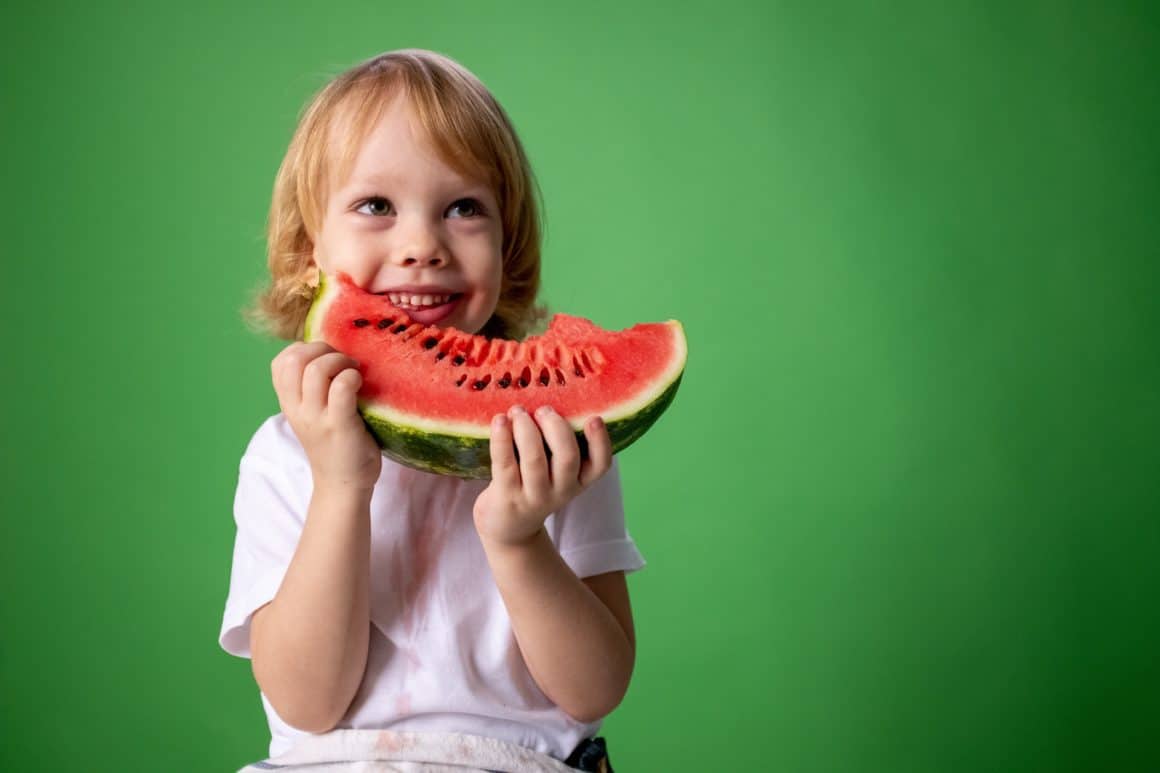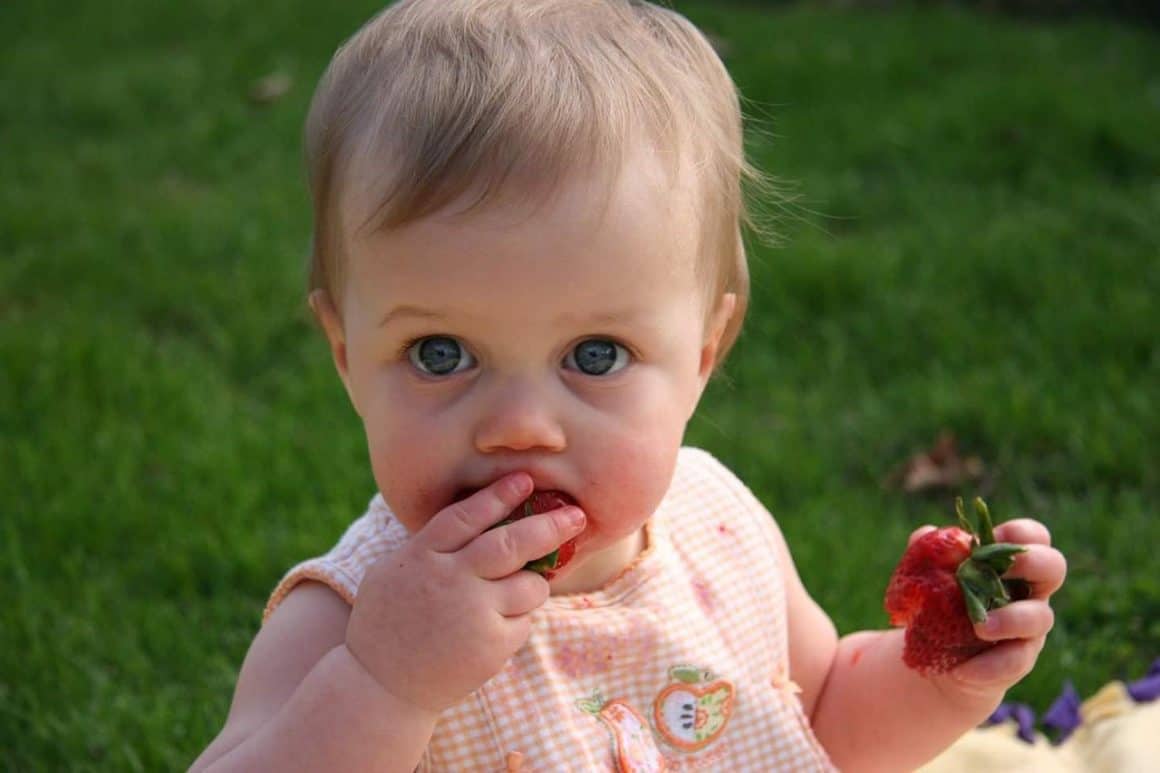There are 1.1 million children in the world today living with type 1 diabetes. Each year, 132,000 children under the age of 20 are diagnosed with this life-threatening, incurable disease. The CDC estimates that one in every three children living in the US will be diagnosed with Type 2 Diabetes at some point in their childhood or adolescence. These numbers are expected to get worse.

It is nearly impossible to give you an accurate number of children globally who have type 2 diabetes. The fact is, the experts have trouble estimating it. The numbers grow in leaps and bounds, and the factors that contribute to them seem endless. We can honestly say this. If you have an average number of children in your family, you can estimate 20% – 25% of them have type 2 diabetes or at the least pre-diabetes and probably do not know it.
Why is Diabetes on the rise?

We understand that type 2 diabetes is directly related to obesity, lack of exercise, and stress factors. An over-simplified explanation is when the body wears to the point that it simply cannot produce the amount of insulin needed and it cannot circulate the blood as required, type 2 diabetes develops. But type 1 is very different. A person with type 1 diabetes has a pancreas that does not function properly. They may be in perfect physical condition. It does not matter if they are the ideal weight with the perfect balance of fat and muscle mass. Their pancreas does not produce insulin, so their blood sugar is not regulated naturally. What could affect the human population that would cause more people to acquire this condition?
No one really has an accurate answer. Ascensia Diabetes Care is an authority on diabetes. You have heard of them due to their state-of-the-art glucose meters. They make the supplies you need, and you can go to their site for information on where to buy Contour. However, that is a fraction of the information you can find there. They have been deep in diabetic research and development for more than 70 years. They know about this disease and the people who suffer from it.
Feeding the children

Children are not born loving candy. A child is born with an empty taste palate. They do not know what anything tastes like. From birth, everything goes into the mouth. Tasting is a way of learning. A baby will put a sticky lolly-pop in her mouth, and she will put a sour lemon slice in her mouth. She will continue to place things in her mouth and usually develop a taste for the food she is continually given. This is why we introduce vegetables such as green beans, beets, and squash to a baby for a time before we give them apples, peaches, and other sweet foods. We train their taste palate to enjoy various food, so they will not reject one and beg for a sweet.
Change your reward system
Somewhere along the line, we began giving children sweets for rewards. If they remembered doing their chores, helping their brother, or getting good marks on their papers, we rewarded them with ice cream or a favourite candy bar on the weekend.
Rewards for accomplishing a goal can be a good thing. It teaches a child to work a bit harder, and they can do it, and it is a nice little pat on the back. Read them a special book at bedtime or take them to the park on the weekend. Let them choose a game to play for family night. These are good examples of nice rewards. Food is not a reward. Food is something we eat to be healthy. We can eat special food sometimes for a special event, but it should be food that celebrates that event.
Buy this
I want to offer you a special product. It is inexpensive, so that you can buy several pieces. It is bright and colourful and smells fruity, but there is no fruit in it. It tastes sweet, and it is gooey and chewy. It will make you smile when you pop it in your mouth, and it will take a minute to chew. It has a strange property. You will always want more. When you have finished several pieces, you will feel hyper, like you just drank a big mug of coffee. You will feel jittery. Then you will crash and feel tired and cranky. You may get a headache and probably a stomachache. In an hour, it will be dinner time. You will not want to eat. This might make those around you frustrated, and they might want to “make” you eat, but that will make you feel sick..you may throw up. You may want to lay down, and if your tummy lets you, you might get some sleep.
Did you enjoy your box of candy? Imagine if you were 3-years old and had no idea why you were feeling any of those things?
Tips to teaching your kids to live sugar free

Get started as soon as possible. If your kids are babies or toddlers, do it. If they are older, explain what is going to happen. Let them help you make some better choices and exchanges. You may have to go a bit slower. Don’t get upset if they mess up. Sugar is highly addictive. They will get on board to see how much better they feel as the sugar leaves their bodies.
Here are some tips to help you get started.
- Talk to your friends and family and anyone who is left caring for your children.
- Let them know about the changes in your home. Be kind about it, but let it be known what is and is not acceptable. Note: if you take them to someone else to care for and want them to eat particular foods, make sure you take some along. You cannot expect someone to know what you wanted them to buy.
- Remove foods with sugar from your house.
- Replace them with sugar-free foods, fresh fruits, raisins, crackers, and other options. Be careful not to overload your pantry with processed foods. Sugar-free does not always mean healthy. Some sugar-free have more calories than their sugar-filled option. Read your labels.
- Practice what you preach
- Don’t take sugar away from your kids, then hide in the pantry shovelling sugar in your coffee. Be fair. If they have to give it up, so do you.
- Walk it out
- The best way to get sugar out of your system is to walk it off. Take the kids out for afternoon walks and get it out of your system.
As you incorporate some exercise into your new lifestyle and start to feel your body’s effects getting the nutrition it needs, you will know what a great gift you are giving your kids. The chances of them developing type 2 diabetes go down because they are healthy children at proper weights. Add to this the habit of drinking lots of fresh, clean water, and soon your entire family will feel better, look better, and do better than ever before.



Amazing tips and I can’t stress enough how important to stay away from sugar, kids and adults!!!
This is something I am trying so hard to work on for myself, I know the benefits but it’s my weakness.
Thanks for sharing this very important piece, as a Biochemist I recently discovered that there is a rise in cases of Diabetes and obesity in children. I wish every parent would come across this.
I try hard to keep my children’s sugar intake to a minimum, it’s shocking to see what some people put in their children’s lunch bags.
Agree that one of important ways to change the affinity to sweets in kids is through family and through changing how much emphasis we place on the sweets.
My children only get sweets as a special treat. One month on and they still haven’t touched half of the Easter chocolate they were given, I call that a result as it’s by their own choice
My son loves sweet stuff so much. I try and limit it though but it is difficult. He does eat loads of fruit and veg though which I am grateful for.
It is difficult, we find it hardest with our daughter who is a very fussy eater but saying that she still has sweets she was given for Christmas and Easter that she hasn’t touched. Thankfully the boys love fruit and vegetable. They don’t seem to have my sweet tooth
I think it’s good that we start to feed our kids healthy food at a young age, because as time passes, they become picky eaters. Truly agree with the tips!
So true, although I know lots of people whose children ate lovely healthy food as babies and toddlers but now refuse it all. My daughter has always been very difficult to feed
Oh man, as long as I don’t have to go sugar free, hehe.
Lol, I am trying to cut it out but biscuits and chocolate are my nemesis :-/
Kids are so hard to say no to when they asked for sweets. Thanks for the tips.
I think it just needs to be in moderation. If you say no it only makes them want it more x
I agree with you that we shouldn’t use sweets as a reward. I’m lucky that my boys are not really into candies. We usually reward with non-food items like game night or a trip to the zoo, etc.
Absolutely, I think rewarding with time and experience is far more important and valuable x